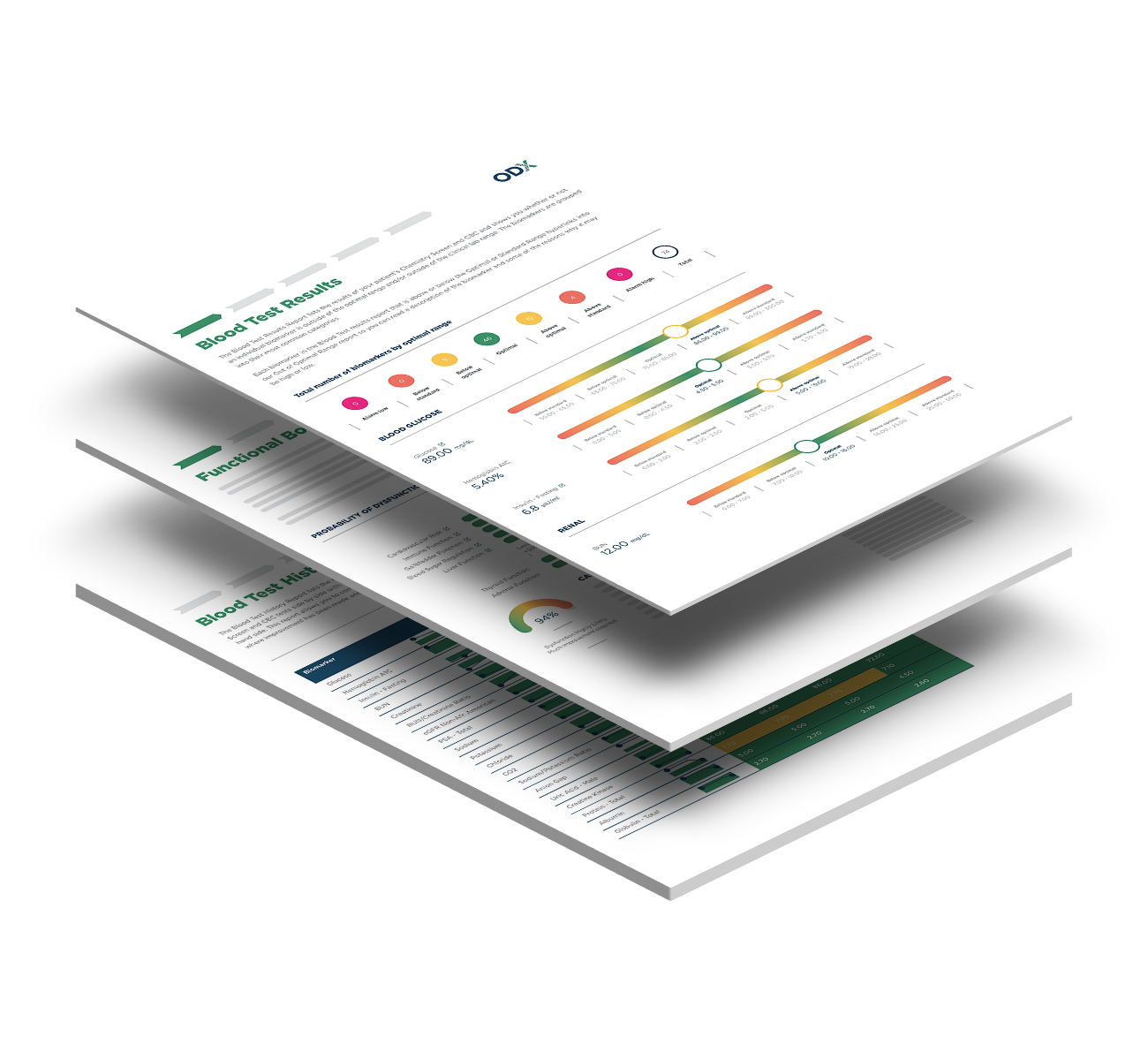Welcome to part 2 of the ODX Stress Biomarkers Series. In this post, the ODX Research team identifies common sources of stress including physical, psychological, and situational causes.
The ODX Stress Biomarkers Series
- Stress Part 1: A Quick Overview
- Stress Part 2: How Do We Get Stressed Out?
- Stress Part 3: The Physiology of Stress
- Stress Part 4: Hormonal Control of the Stress Response
- Stress Part 5: Identifying Stress
- Stress Part 6: Disorders Associated with Stress
- Stress Part 7: Biomarkers of Stress Overview
- Stress Part 8: Biomarkers of Stress, Individual Markers
- Stress Part 9: Addressing Stress: Can We Treat It or Beat It?
- Stress Part 10: Nutrition and Stress
- Stress Part 11: Optimal Takeaways
How Do We Get Stressed Out?
Our perception of stress and its triggers determines how profound our response to that stress will be. Identifying specific stressors and their source is one of the most important things we can do to anticipate and combat stress.
Stressors may be psychological, physical, or situational. Psychological stressors are often based on fear and anxiety in anticipation of an adverse event or even an uncontrollable environment. Physical stressors include pain, shock, hemorrhage, extreme exercise, and heat exposure.[1] Situational stressors, for the most part, are out of our immediate control which in turn amplifies the stress.
Inability to respond to stress appropriately may jeopardize both physical and psychological health. Poor adaptation to stress may occur due to lack of coping skills, lack of stress management techniques or intervention, chronic or overwhelming stress, unhealthy lifestyle, and suboptimal nutrition status. Maladaptation to stress can increase vulnerability to substance abuse disorders (SUD).[2]
For some, adopting negative behaviors for coping with stress can actually increase stress in the body and mind. These include abuse of drugs, alcohol, or cigarettes; overeating, especially palatable but nutritionally-deficient foods; extreme behavior; overspending; emotional outbursts; overconsuming media; and feeling helpless or overwhelmed.[3]
Common sources of stress:[4] [5] [6]
Physical Sources of Stress
- Alcohol or caffeine in excess
- Allergies
- Chronic illness
- Drug use, withdrawal
- Extreme temperature changes
- Food deprivation
- Food insecurity
- Hormone imbalances
- Hunger
- Infection
- Injury
- Medication
- Nutrient deficiencies
- Physical abuse
- Physical assault
- Physical neglect
- Sleep deprivation
- Thirst
- Toxin exposure
Situational/Psychological Sources of Stress
- Being overwhelmed
- Chronic stress
- Emotional abuse
- Financial problems
- Homelessness
- Inability to manage problems
- Illness of a loved one
- Interpersonal conflicts
- Isolation, loneliness
- Job-related stress
- Legal troubles
- Living arrangement difficulties
- Poor academic performance
- Relationship difficulties
- Unfaithful significant other
- Unfulfilled plans, desires
- Witnessed violence
Life Event Sources of Stress
- Accidents
- Catastrophic events
- Divorce, separation
- Isolation, abandonment
- Loss of a loved one
- Loss of home
- Victim of violence
Stress is out there but it’s important to not let it control your life. It’s important to anticipate stress and identify potentially stressful situations so that you can meet it head-on and cope with it successfully. This blog series addresses not only what happens to your body as it deals with stress but how you can optimize your physiological and psychological response to stress.
References
[1] Singh, K. "Nutrient and stress management." J Nutr Food Sci 6.4 (2016): 528.
[2] Milivojevic, Verica, and Rajita Sinha. “Central and Peripheral Biomarkers of Stress Response for Addiction Risk and Relapse Vulnerability.” Trends in molecular medicine vol. 24,2 (2018): 173-186. doi:10.1016/j.molmed.2017.12.010
[3] Murray, Michael T., and Joseph Pizzorno. The encyclopedia of natural medicine third edition. Simon and Schuster, 2012.
[4] Milivojevic, Verica, and Rajita Sinha. “Central and Peripheral Biomarkers of Stress Response for Addiction Risk and Relapse Vulnerability.” Trends in molecular medicine vol. 24,2 (2018): 173-186. doi:10.1016/j.molmed.2017.12.010
[5] Geiker, N R W et al. “Does stress influence sleep patterns, food intake, weight gain, abdominal obesity and weight loss interventions and vice versa?.” Obesity reviews : an official journal of the International Association for the Study of Obesity vol. 19,1 (2018): 81-97. doi:10.1111/obr.12603
[6] Noland, Diana, Jeanne A. Drisko, and Leigh Wagner, eds. Integrative and functional medical nutrition therapy: principles and practices. Springer Nature, 2020.






